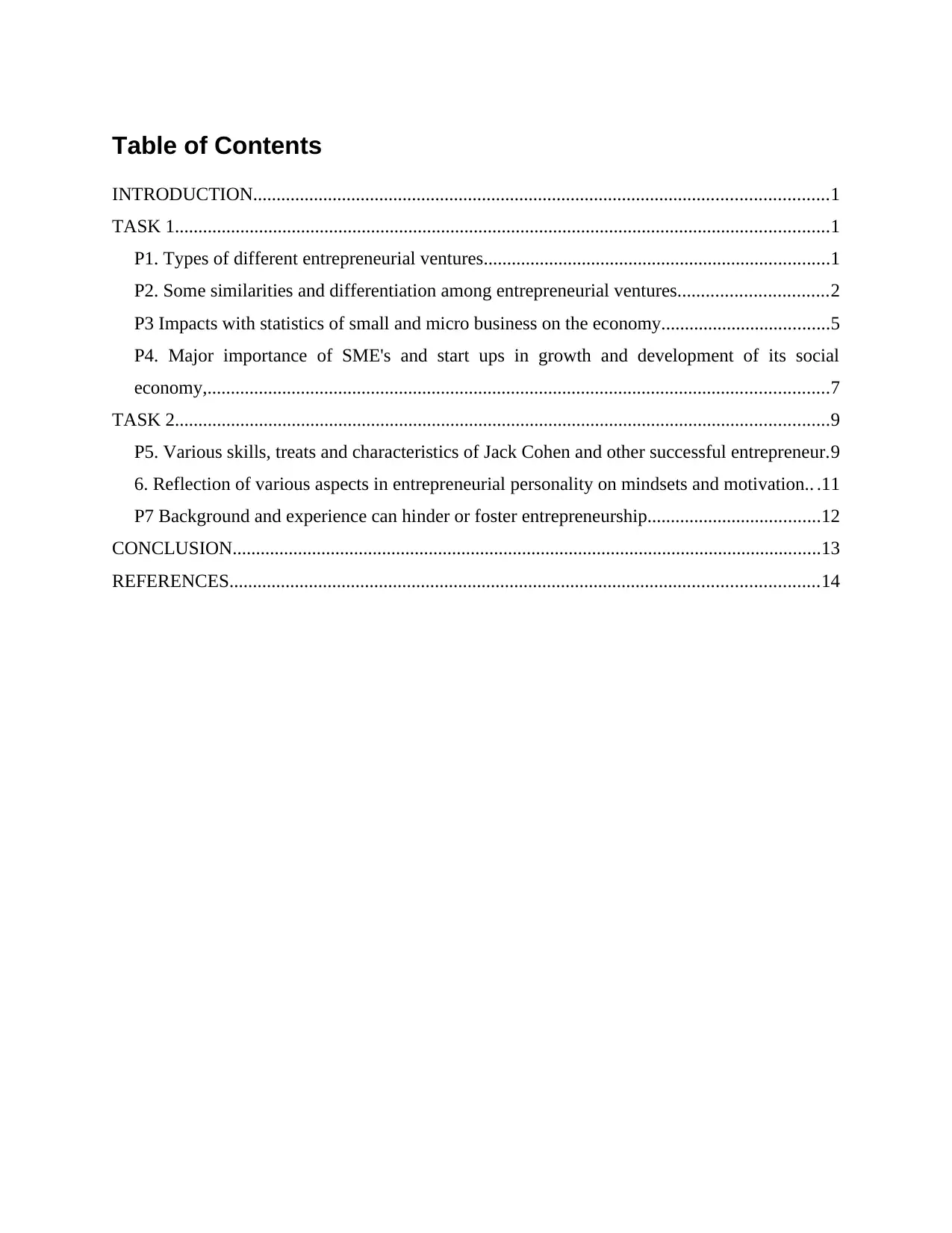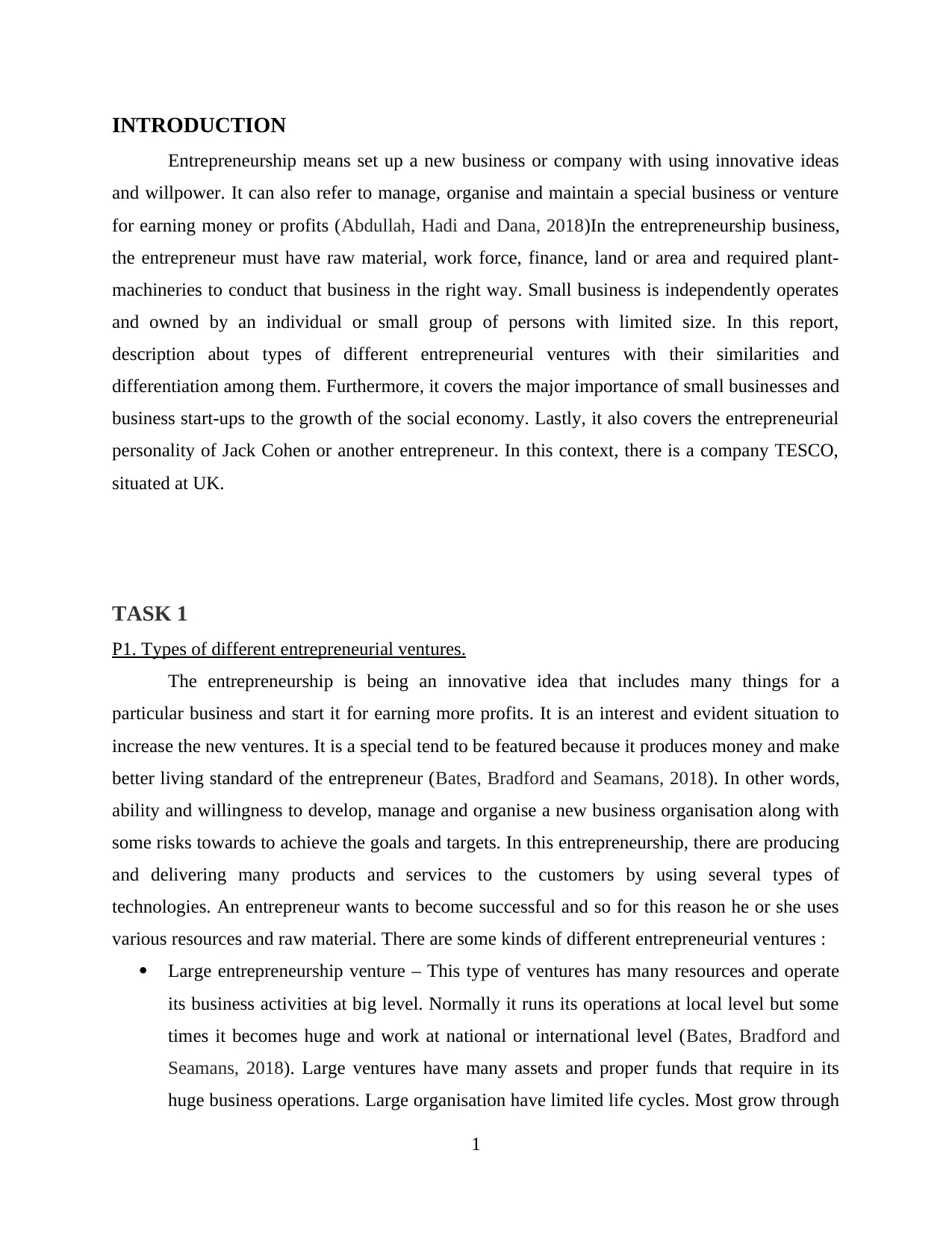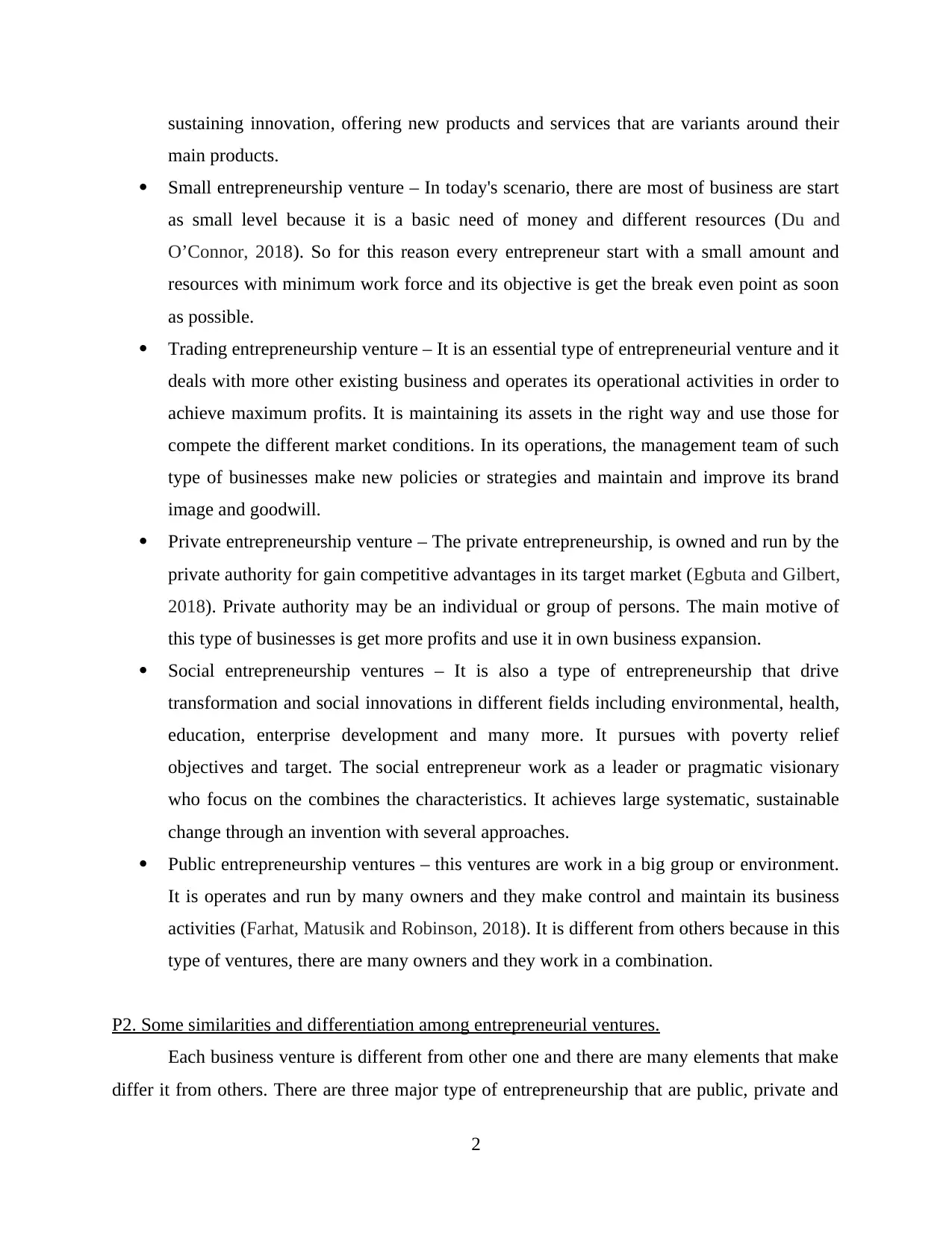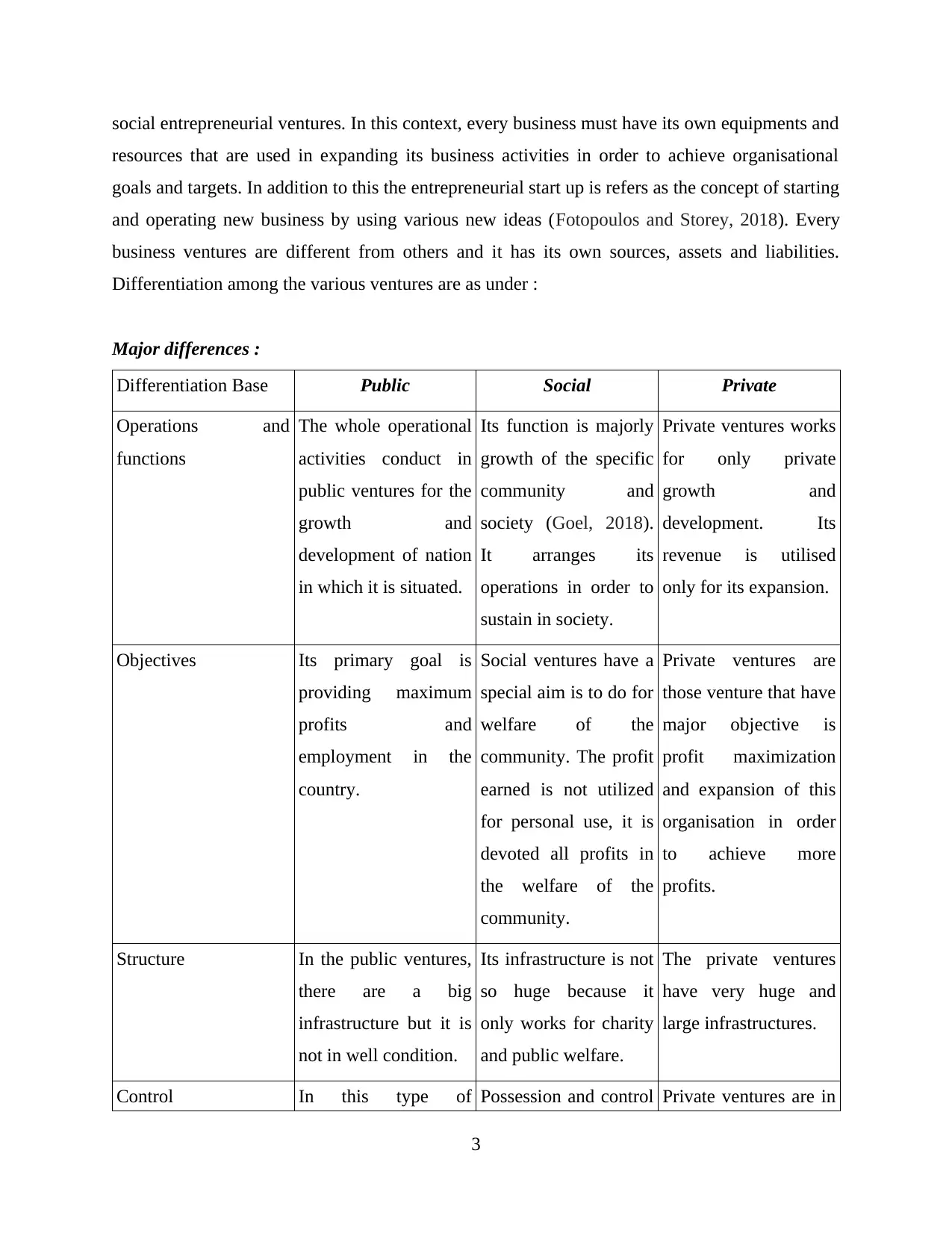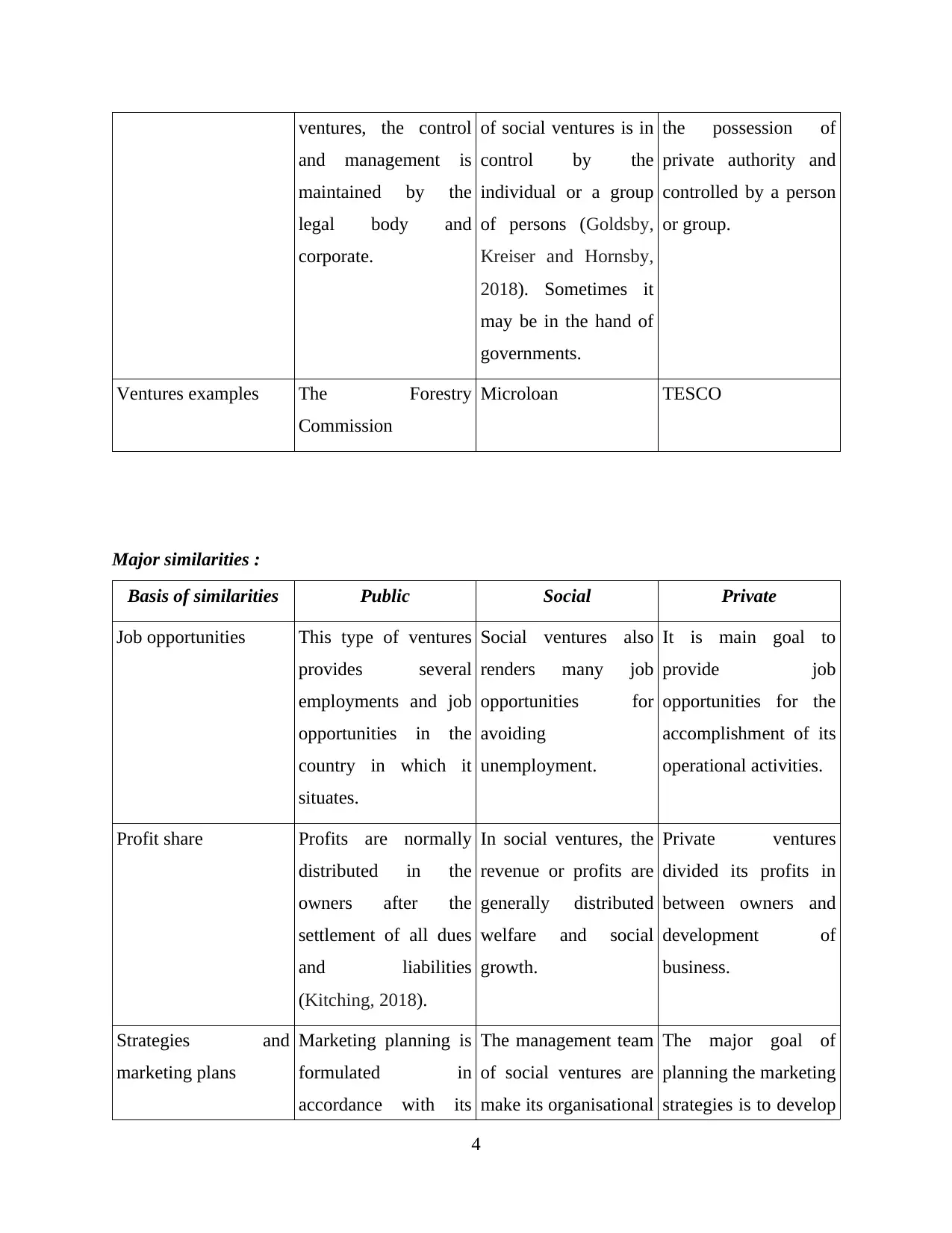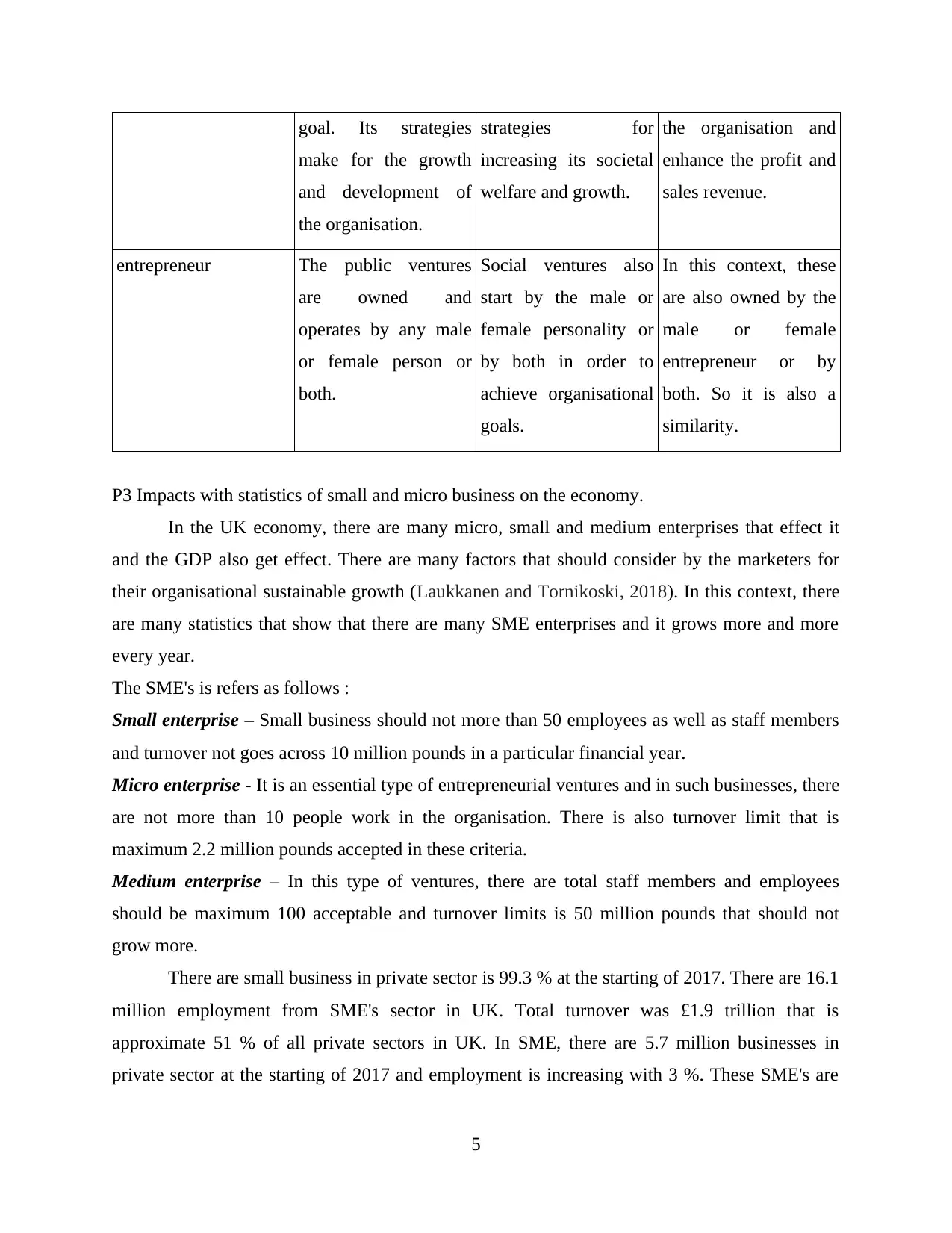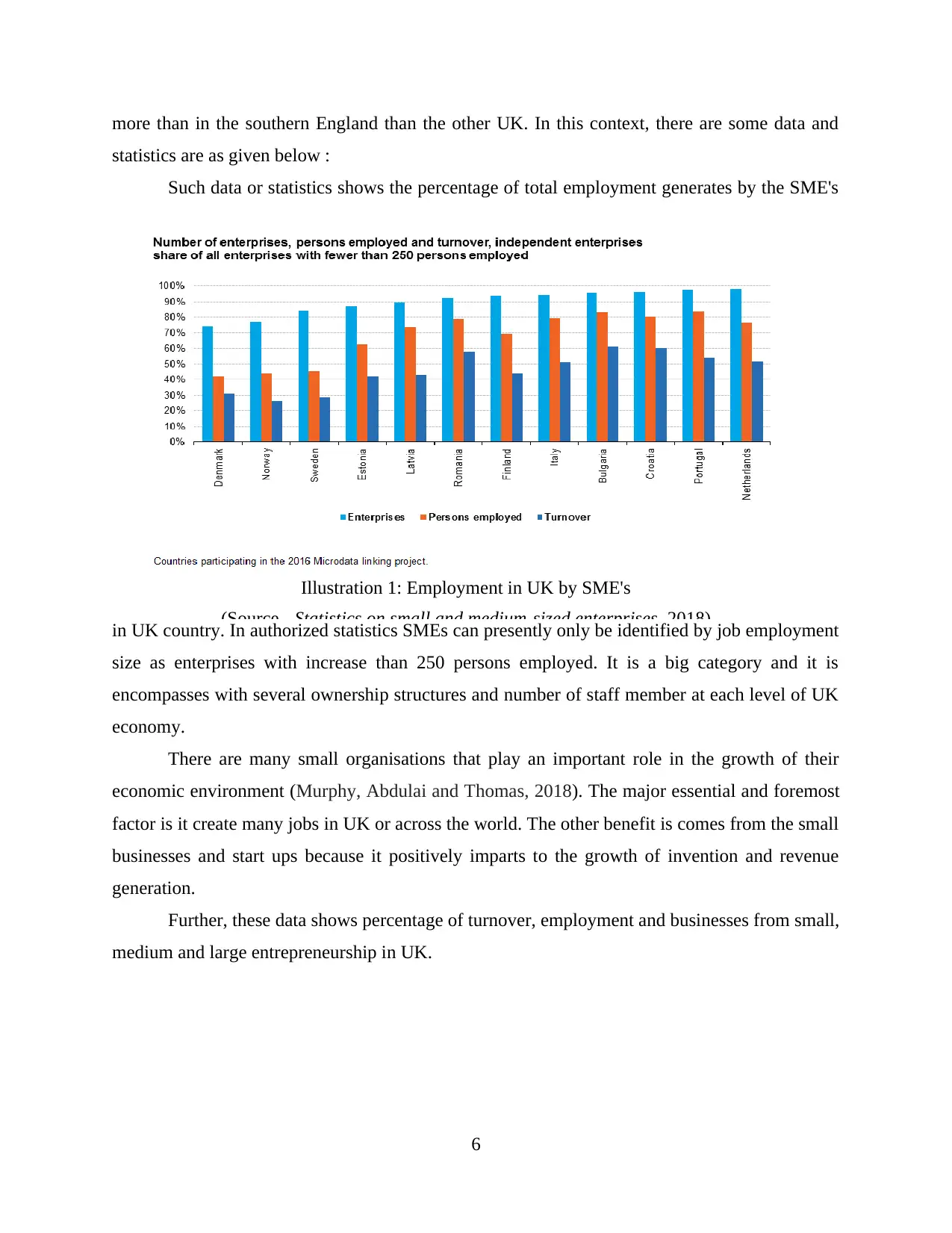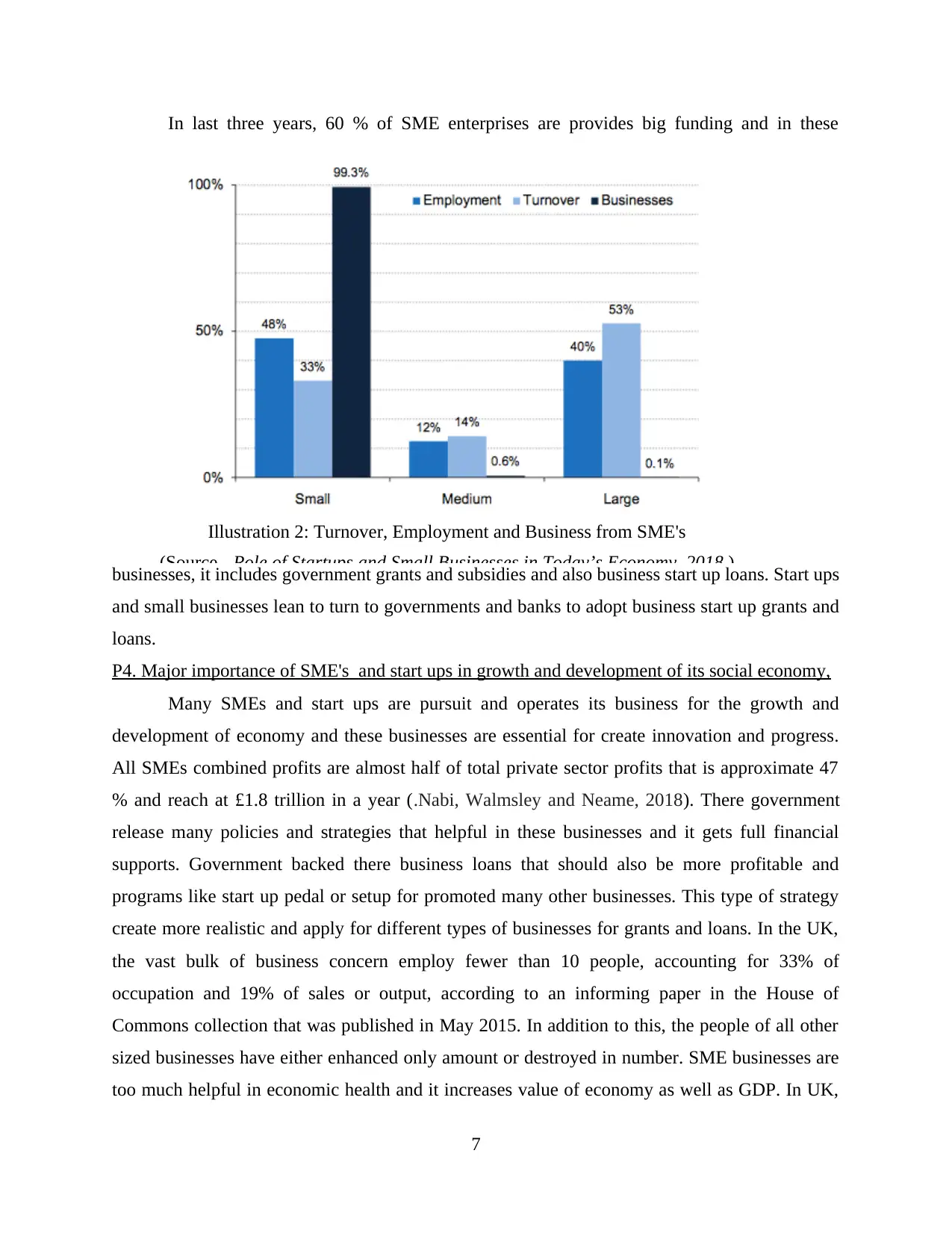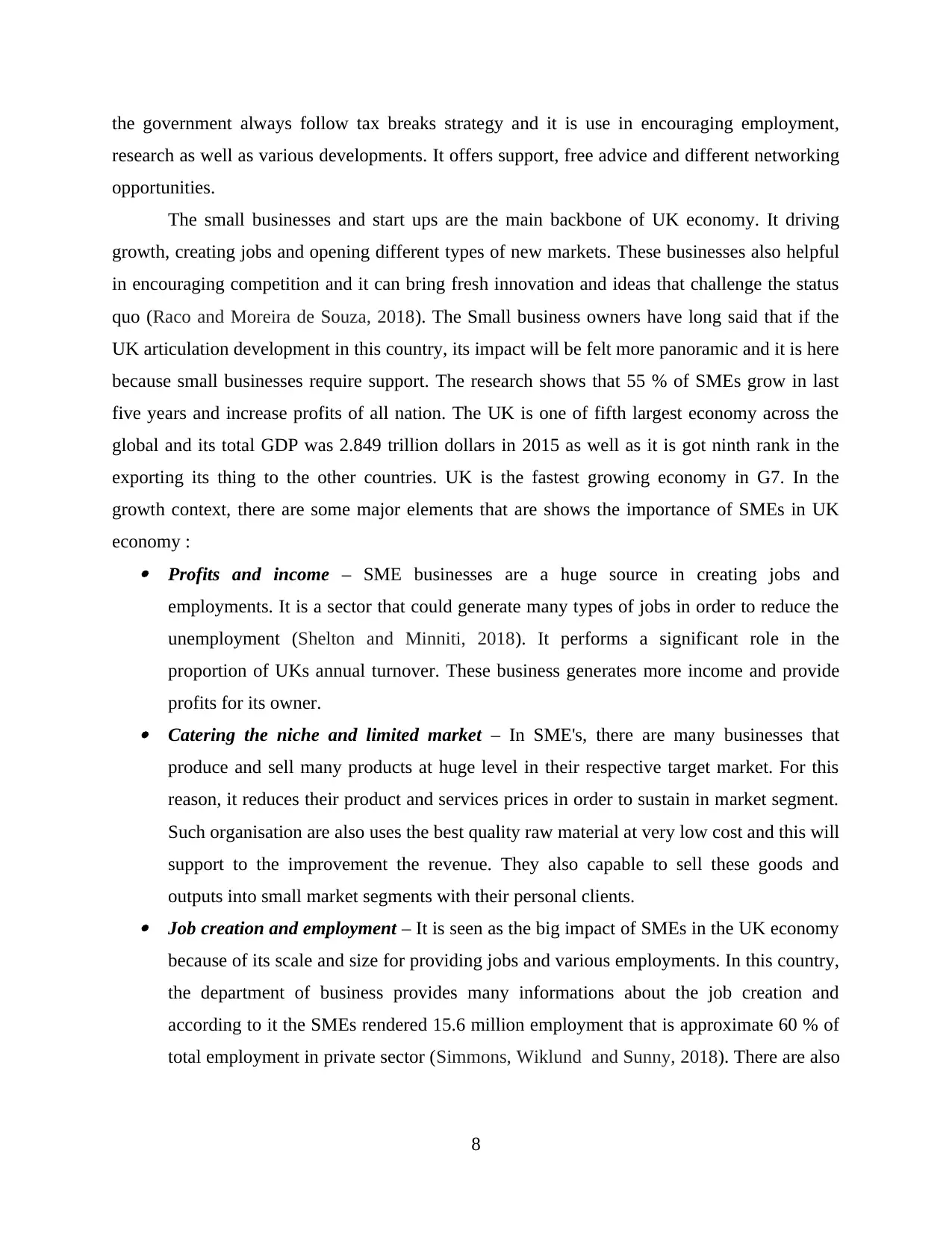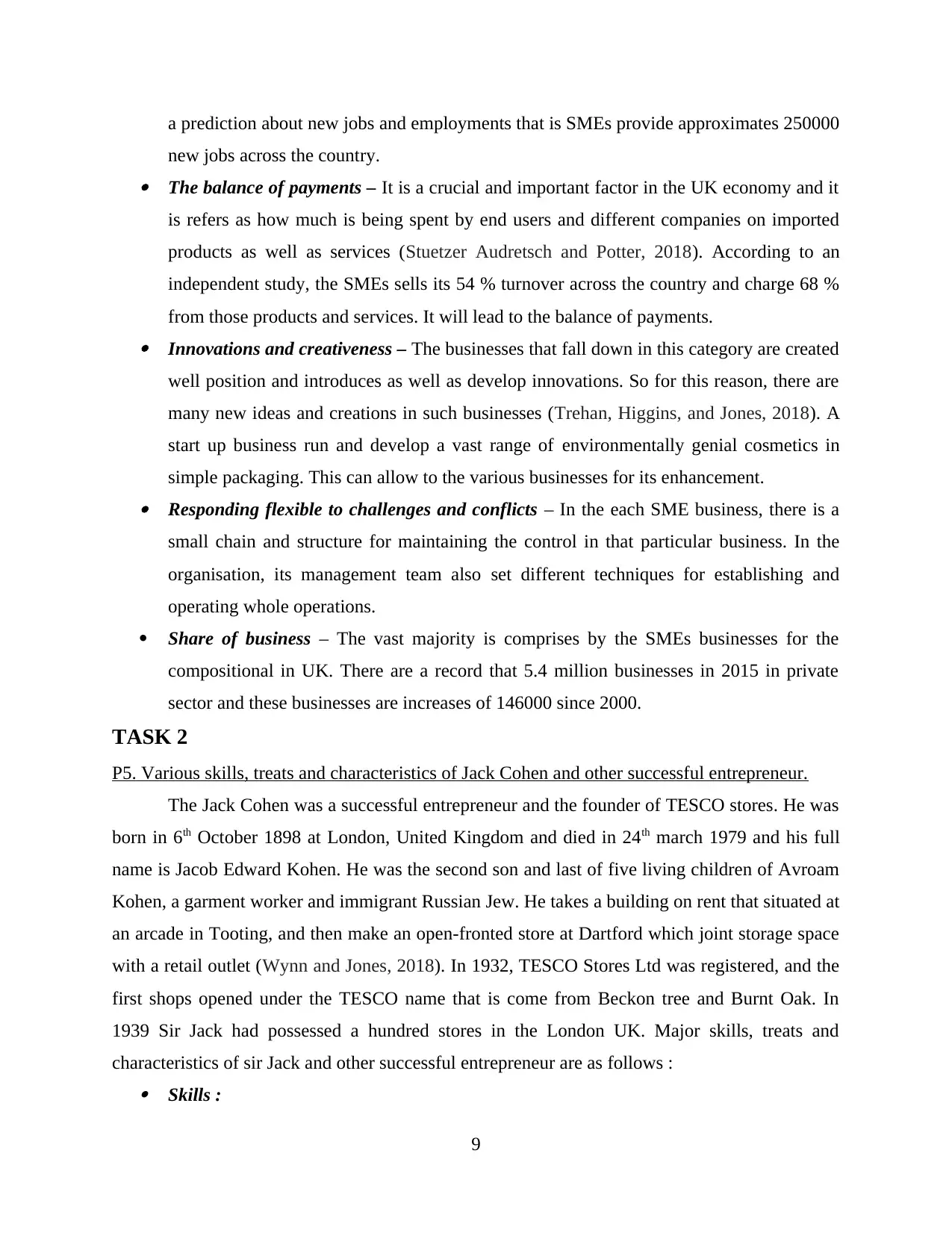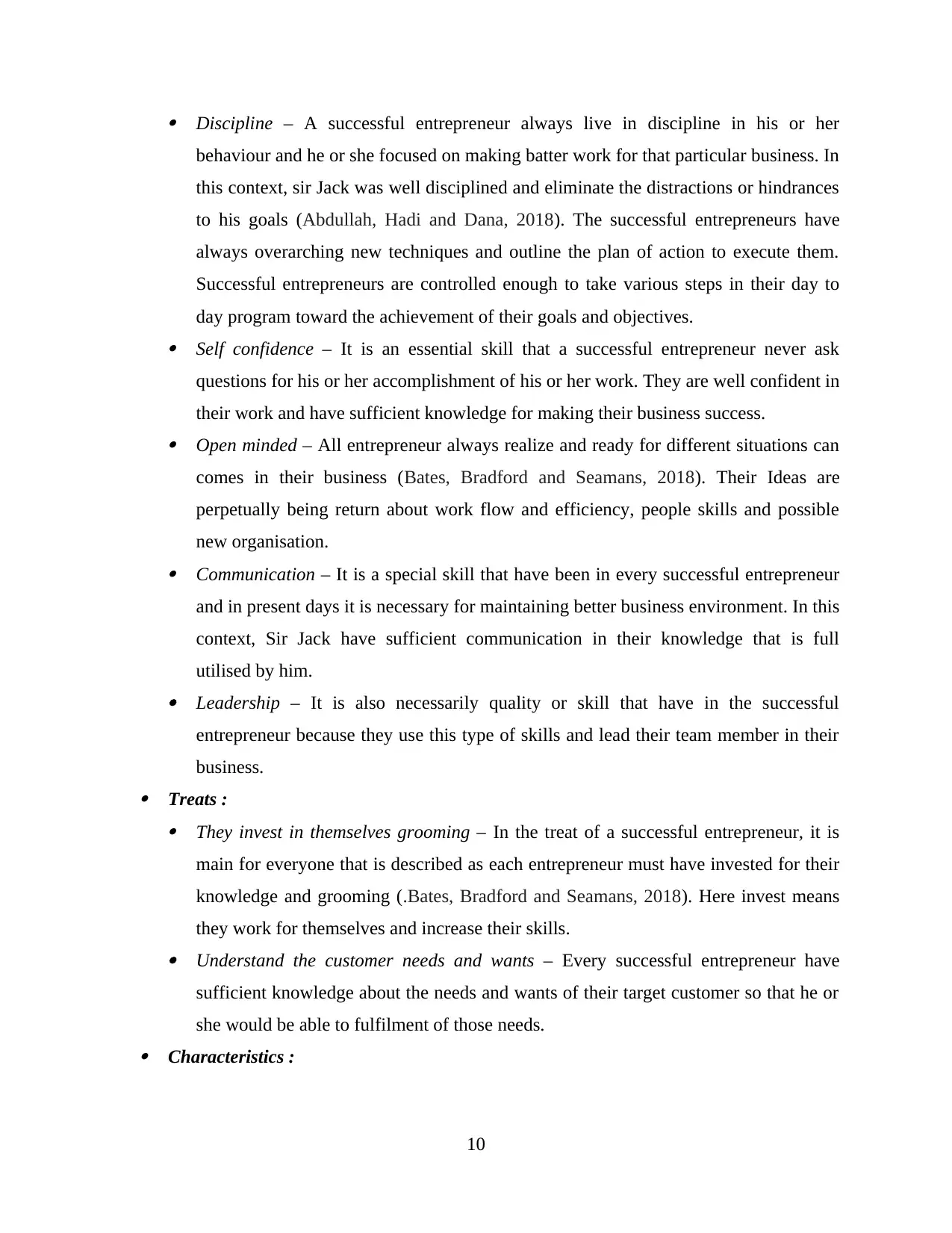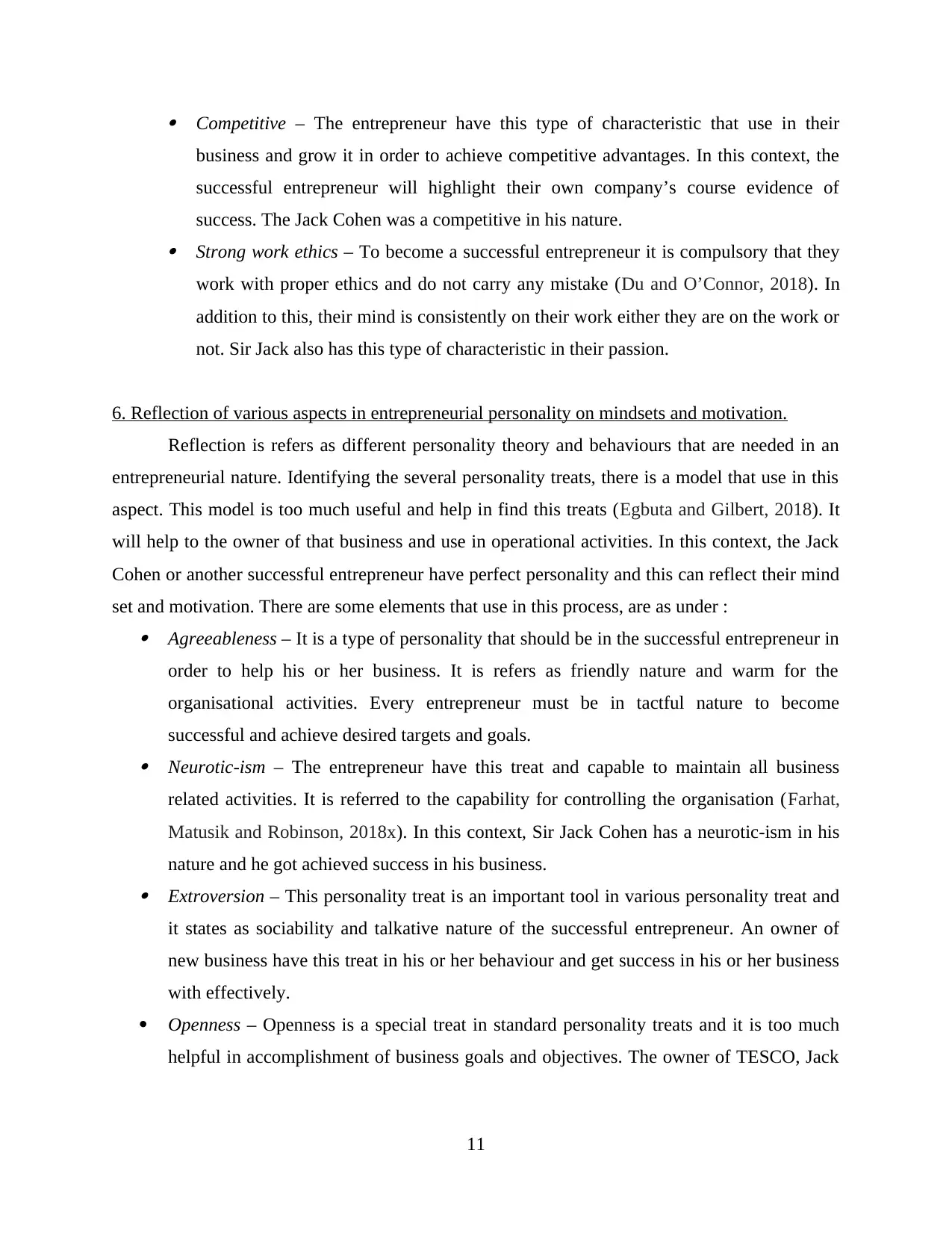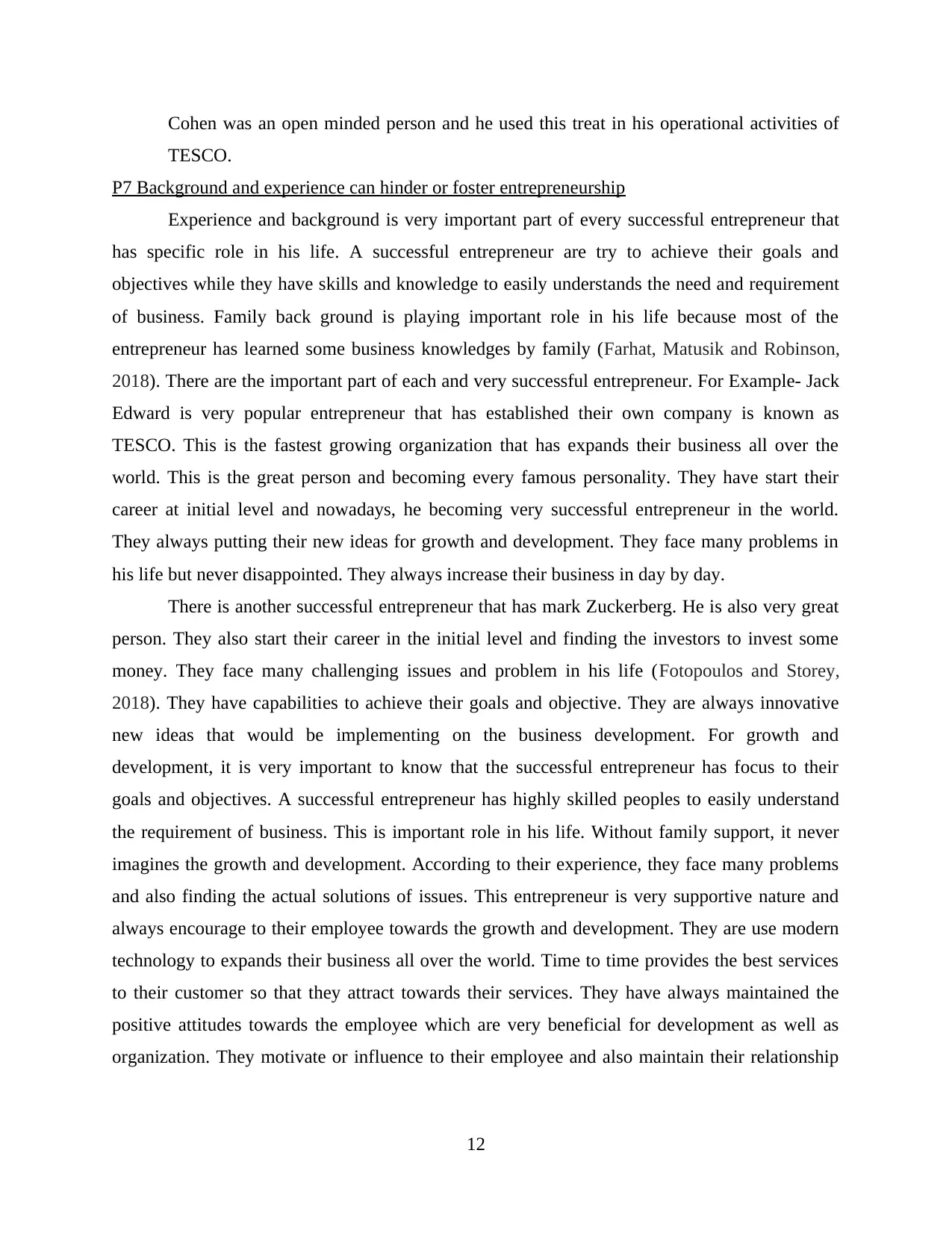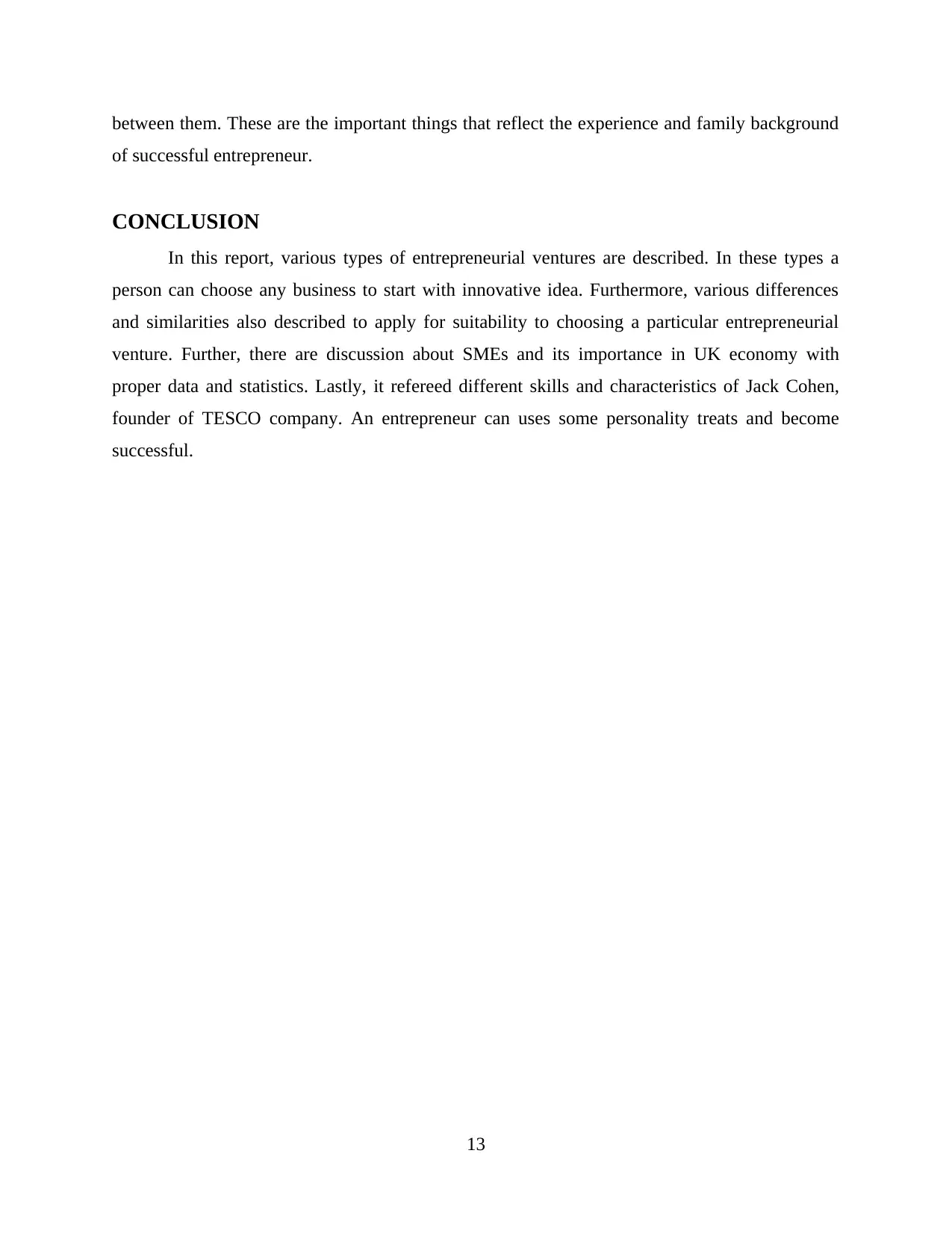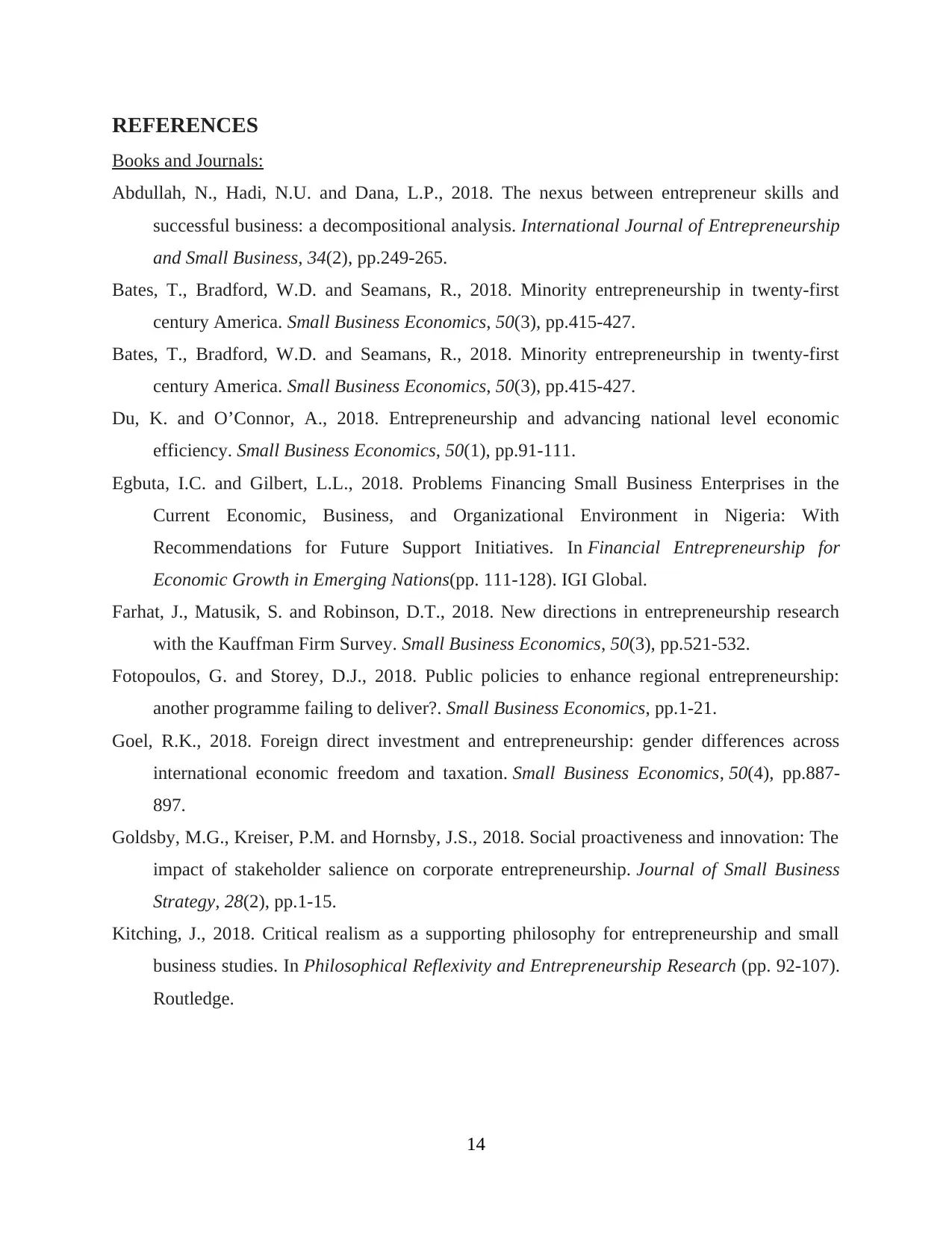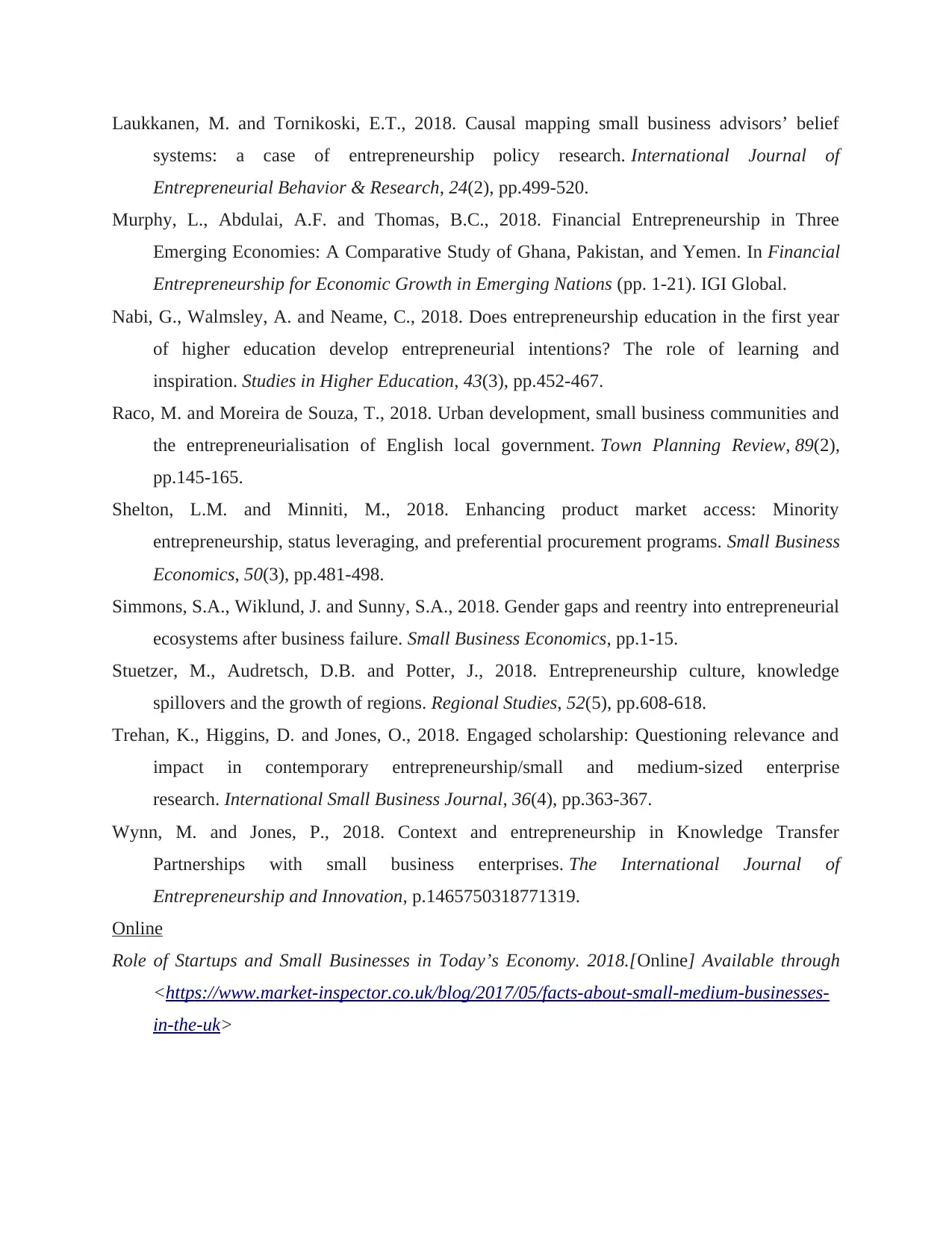The provided document is an academic assignment that delves into the importance of small businesses and startups within the current economic landscape. It presents statistics on employment and turnover generated by these entities in the UK and EU, highlighting their significant contributions to local economies. Furthermore, it discusses various research studies on entrepreneurship education, product market access, and the growth of regions, providing insights into the dynamics of entrepreneurial ecosystems. The document also touches upon urban development and the role of small business communities in shaping local government policies. It emphasizes the need for engaged scholarship and relevance in contemporary entrepreneurship/small and medium-sized enterprise research.
![[object Object]](/_next/static/media/star-bottom.7253800d.svg)
![[object Object]](/_next/static/media/star-bottom.7253800d.svg)

